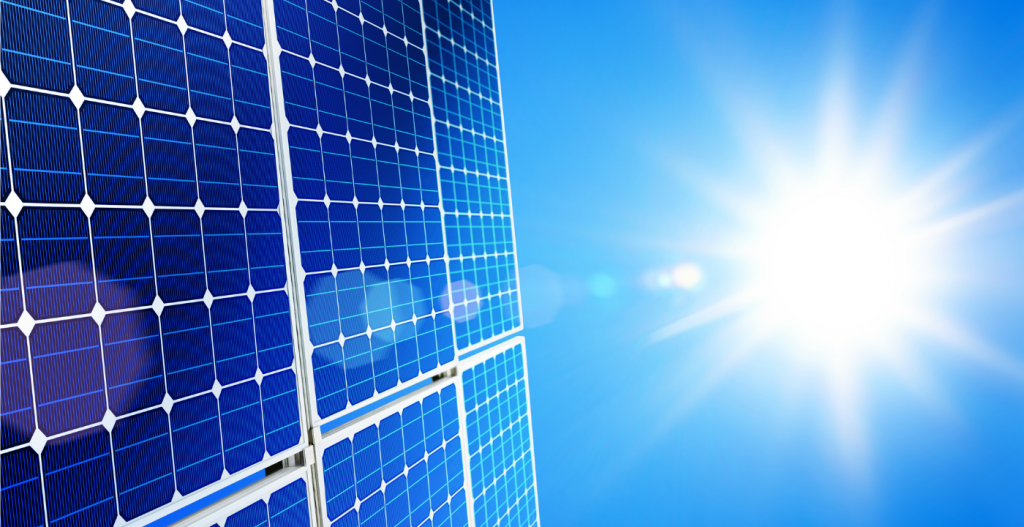Where to Find the Best Flexible Solar Panels for Sale Today
Big, rigid, glass-covered solar photovoltaic panels are what most people envision when they think of solar power. Rigid panels do indeed provide most of the world’s solar power, but small flexible solar panels can bring solar energy to places the big rigid panels can’t go. Flexible panels create new options for people who want renewable energy.
Flexible or Rigid – What’s The Difference?
Like conventional solar panels, flexible solar panels consist of photovoltaic cells containing materials that convert energy from the sun into electricity, a protective cover, and a backing. Rigid panels use crystalline silicon with a glass cover and metal backing. Flexible panels may have amorphous silicon, cadmium-telluride, or copper-indium-gallium-deselenide cells. A solar panel that is flexible will also have a bendable clear plastic cover and light plastic backing.
What Are The Benefits?
Flexible panels don’t need a flat surface for mounting and are light, portable, and durable. Small portable solar panels can come along on vacations and camping trips to charge cell phones, cameras, laptops, and other small electronics. They can be rolled up for storage or transport, then draped over a tent or sunny spot when electricity is needed. Some bigger versions are suitable for caravans and boats. They can be glued right to the vehicle’s roof, conforming to the roof’s curves, adding little weight and creating little wind resistance. They can generate standard 12v 100w electricity for caravan appliances. Unlike portable generators, flexible panels are silent, create no fumes, and never need gasoline. Campsites without electrical hookups are no problem. Flexible panels may be a good option for a weekend house in a remote location where power needs are low and a quick, simple installation is desired.
The semi flexible solar panel may be well suited to a roof that is curved, irregular, or can’t bear the weight of a conventional panel. Semi flexible panels can be applied directly to a metal roof without drilling through the roof or a need for mounting brackets. This saves time and costs.
What Are The Trade Offs?
Flexible panels aren’t as efficient as conventional panels, so more flexible panels would be needed to produce the same amount of electricity as a conventional 100 watt panel. Flexible solar panel manufacturers are constantly improving their product’s efficiency, though, and the efficiency of the best flexible solar panels for sale now overlaps with the lower end of conventional panel lines. On the other hand, the cost of flexibles is typically lower. If only a small amount of power is needed and space is limited, flexible panels may be the best choice.
Also, the warrantee on flexible panels is often shorter than for rigid panels. The cells are just as durable but the cover tends to degrade over time, especially if the panel is rolled up or moved a lot.
How Much Will I Pay?
The price of a flexible solar panel varies with the size, generating capacity, materials, and manufacturer. According to www.solarpowerbeginner.com, prices for a 100w flexible solar panel range from US $169 to US $1099 (the higher quote includes wiring). However, solar technology is advancing rapidly. Prices have dropped steadily over the years and are expected to continue to decline. Remember that panels need wiring and connections to take the power where it’s needed and may have to be installed by trained electricians. That will add to the expense.
Could flexible solar cells make your life better? Call us or contact us through this website and find out! Our experienced and knowledgeable staff will be happy to help you.

